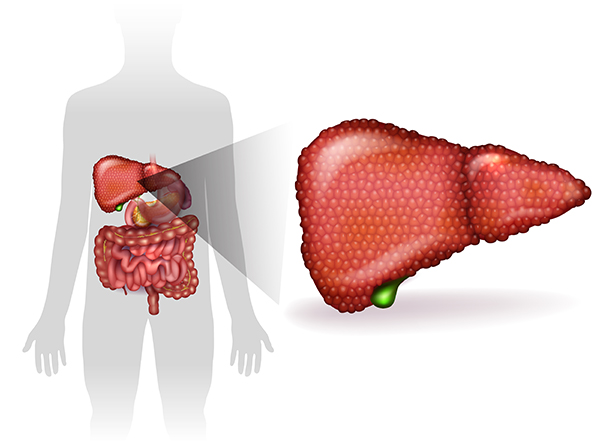Acute Liver Failure (ALF) is a life-threatening condition characterized by rapid deterioration of liver function in individuals with no pre-existing liver disease. This condition requires urgent medical attention and specialized treatment. In recent years, India has emerged as a beacon of hope for patients battling ALF, owing to significant advancements in medical technology, expertise of healthcare professionals, and a growing emphasis on liver care.
Understanding Acute Liver Failure:
ALF is a complex condition that can result from various causes including viral hepatitis, drug-induced liver injury, autoimmune hepatitis, and metabolic disorders. Regardless of the cause, prompt diagnosis and timely intervention are crucial for improving patient outcomes. Without prompt treatment, ALF can lead to multi-organ failure and death.
Treatment Options in India:
India boasts a comprehensive range of treatment options for ALF, provided by experienced hepatologists and liver transplant surgeons who are well-versed in managing complex liver diseases. The treatment approach for ALF typically involves:
- Medical Management: Patients with ALF require meticulous medical management to stabilize their condition. This may include administration of medications to manage symptoms, control inflammation, and support liver function.
- Liver Transplantation: In cases where medical management alone is insufficient, liver transplantation emerges as a lifesaving option. India has established itself as a global hub for liver transplantation, with world-class facilities and highly skilled transplant teams. The availability of living donor liver transplantation further expands the pool of potential donors, increasing the chances of successful transplantation.
- Advanced Therapies: With ongoing research and technological advancements, India offers access to advanced therapies such as liver support systems and bio-artificial liver devices. These therapies aim to provide temporary liver support while awaiting transplantation or facilitating liver regeneration.
- Comprehensive Care: Beyond medical interventions, holistic care plays a vital role in the management of ALF. This includes nutritional support, psychological counseling, and rehabilitation services to optimize patient recovery and quality of life.
Advancements and Innovations:
India’s healthcare landscape is marked by continuous innovation and adoption of cutting-edge technologies in the field of liver care. From the use of minimally invasive surgical techniques to advancements in immunosuppressive therapies post-transplantation, the country is at the forefront of delivering state-of-the-art care to patients with ALF.
Moreover, collaborative efforts between academia, research institutions, and healthcare providers have led to the development of novel treatment modalities and therapeutic strategies aimed at improving patient outcomes and reducing the burden of ALF.
Challenges and Future Directions:
While significant progress has been made in the management of ALF in India, challenges persist. These include disparities in access to healthcare services, shortage of organ donors, and the need for continued training and capacity building among healthcare professionals.
Moving forward, concerted efforts are needed to address these challenges and further enhance the quality and accessibility of ALF treatment in India. This entails strengthening healthcare infrastructure, raising awareness about liver diseases, and fostering research collaborations to drive innovation in the field.
Conclusion:
Acute Liver Failure Treatment in India is a critical condition that demands prompt and specialized care. In India, patients with ALF can find hope in the form of advanced treatment options, skilled medical professionals, and a thriving healthcare ecosystem dedicated to liver care. By leveraging technological advancements, fostering innovation, and prioritizing patient-centric care, India continues to make strides in the fight against ALF, offering renewed hope and a chance for a better quality of life for patients and their families.

